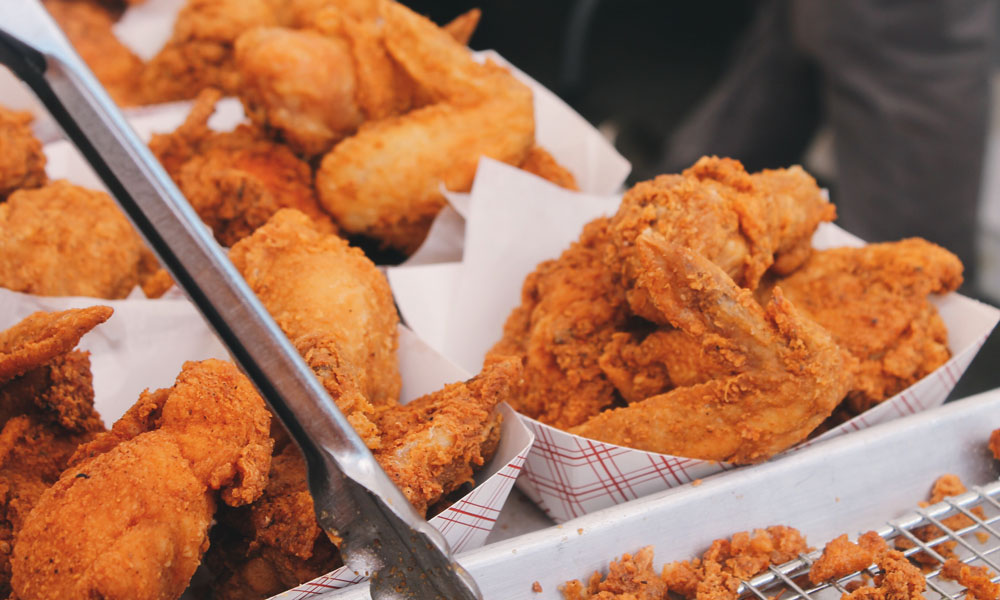
Food Truck Association Cooks Up Successful Legislation in Virginia
Members of the DC, Maryland, and Virginia Food Truck Association led the push in Richmond for food trucks to return to the commonwealth. Their bill was signed into law this week.
The aroma billowing out of the food trucks in the Old Dominion on Monday was that of sweet success. That’s because Virginia Gov. Terry McAuliffe became the first state executive in more than 30 years to sign into effect a law that lifts a ban on mobile food vendors.
[The bill] sets the stage for us to do what we set out to do as an organization, which is to pass better vending laws and regulations for our members.
The Virginia bill brings to an end several years of tension between food truck operators and local communities by allowing the trucks to operate on public roads maintained by the Virginia Department of Transportation.
The @GovernorVA makes it official. #foodtrucks are back to stay in #McLean @TheTysonsCorner @TheBoroTysons pic.twitter.com/FxFndeByZE
— Will Matthews (@WillMatthewsVA) May 18, 2015
Dozens of food trucks, including members of the DC, Maryland, and Virginia Food Truck Association, joined McAuliffe in Tysons Corner, where he held a bill-signing ceremony that was followed by the trucks opening their windows for business. DMV FTA was a driving force behind the bill, which was inspired by the group’s work in DC over the past several years as well as a larger national food truck push.
“We have members who want to vend or who are interested in vending in Fairfax County, and many of them are Fairfax County residents who want to do business in their own communities. For them, passing this bill was incredibly important,” said Che Ruddell-Tabisola, DMV FTA’s executive director. “Locally, it sets the stage for us to do what we set out to do as an organization, which is to pass better vending laws and regulations for our members and for the continued growth of the food truck community.”
With the law now in effect, the burden falls on local jurisdictions to rewrite their regulations, Ruddell-Tabisola explained.
“We’re only a third of the way there right now in Fairfax County, and we know the food truck association down in Hampton Roads is excited to get to work with their local legislators on what the implementation will look like for them,” he said. “But this is huge for us, because this is an industry that historically hasn’t seen the kind of support that the state of Virginia is now throwing behind it. The hard work of getting this bill passed is behind us.”
The bill could lead cities and states with strict regulations to rethink those policies, Ruddell-Tabisola said.
“We meet with folks all the time from around the country, and we’re all dealing with similar problems and challenges,” he said. “Part of what my experience has been here in Richmond is that the legislators here, they get it. They know and understand that our food trucks contribute to the local economy and community—and that’s the message we hope other states can begin to understand.”
(iStock/Thinkstock)






Comments